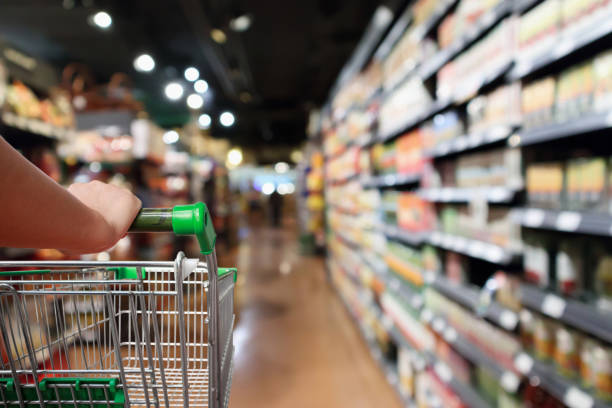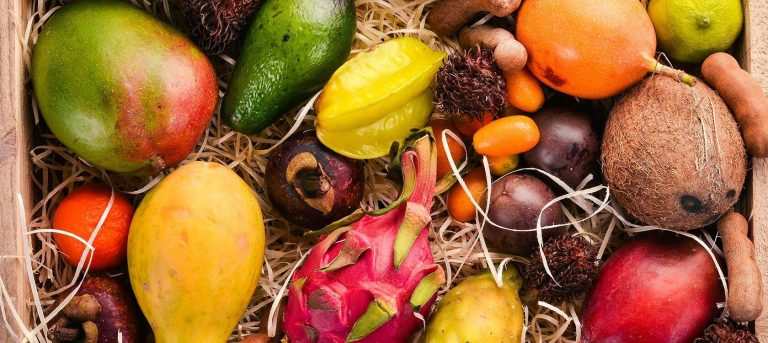Stiftung Warentest tested apple juice – with mixed results. Not-from-concentrate juices perform best, most juices are mediocre. The test method misses a major problem.
After orange juice, apple juice is the second most popular juice in Germany: we drink around six and a half liters of it per capita a year – not including apple spritzer. The selection of products in the supermarket is correspondingly large.
Stiftung Warentest has now tasted 26 apple juices and examined them in the laboratory. The result: only six juices – all naturally cloudy not-from-concentrate juices – scored “good”. Most juices are satisfactory, three are fair, and one fails with poor.
Apple juice: Naturally cloudy direct juice convinces in the test

Of the 26 apple juices in the dough, 16 are not-from-concentrate juices. This is juice that is briefly heated and bottled immediately after the apples have been pressed. In the case of juices made from juice concentrate, on the other hand, the pressed juice is processed into a concentrate using heat, which is later diluted back into juice with water and flavorings.
“The test shows that the naturally cloudy not-from-concentrate juices are superior to the juices made from concentrate, especially in terms of taste,” says project manager Janine Schlenker. Apple juice is naturally cloudy, but it can be clarified by centrifuging and filtering. Sometimes gelatine is also used for filtering, which is why such juices are often considered non-vegan.
According to Stiftung Warentest, naturally cloudy juices are also healthier than clear ones because they contain more effective plant substances (polyphenols). These are mainly found in the cloudy matter. However, apple juice contains hardly any natural vitamin C.
Dough winners and losers
Among the six good juices are two organic juices:
Voelkel Demeter apple 100% direct juice
Van Nahmen organic apple juice from meadow orchards
The conventional naturally cloudy direct juices from Edeka and Lidl also do well.
Both the not-from-concentrate juices from Aldi Nord and popular branded juices – such as from Amecke and Pfanner – are only satisfactory in the test.
Among other things, the naturally cloudy juices from Dm Bio and Granini scored “sufficient”. The testers criticized both for a comparatively low aroma content, and for the granini juice also for unclear declarations on the sugar content and alleged CO2 neutrality.
Of the eight organic apple juices in the test, only the two above did well, four others (Aldi Nord, Edeka, Lidl, Rabenhorst) with satisfactory.
The naturally cloudy Alnatura apple juice was the only juice to score unsatisfactory in the test – the laboratory found a high content of ethanol, volatile acidity and acetoin. According to Stiftung Warentest, this indicates inferior quality apples or improper processing. However, the levels are not harmful to health.
Dough ignores pesticides
What you should know: In contrast to the Oko-Test, the “sensory judgement” (i.e. the taste) is rated the most at Stiftung Warentest. The “chemical quality”, on the other hand, only accounts for 15% of the overall assessment.
The laboratory apparently did not check whether there were any pesticide residues. The use of pesticides in apple cultivation is widespread. In 2020, Oko-Test found traces of pesticides in all conventional juices in the apple juice test – in some even several and some particularly problematic.
No pollutants, but not necessarily healthy

After all, the Stiftung Warentest laboratory did not find any other residues or pollutants that were harmful to health, such as mold toxins or germs, in any juice.
However, nutrition experts repeatedly point out that fruit juices are not suitable thirst quenchers. They contain a lot of fructose.
The German Society for Nutrition (DGE) does not even classify fruit juices as drinks, but as fruit and vegetables – because according to the experts, drinks should be “low-energy”. This applies to water and unsweetened teas, but not to juice. In order to be able to more easily implement the recommendation to eat five portions of fruit and vegetables a day, one portion of fruit can be replaced by 200 milliliters of fruit juice, but not every day.









